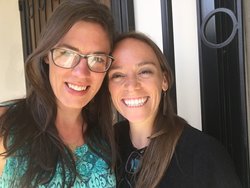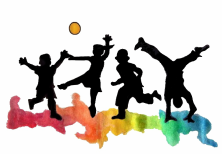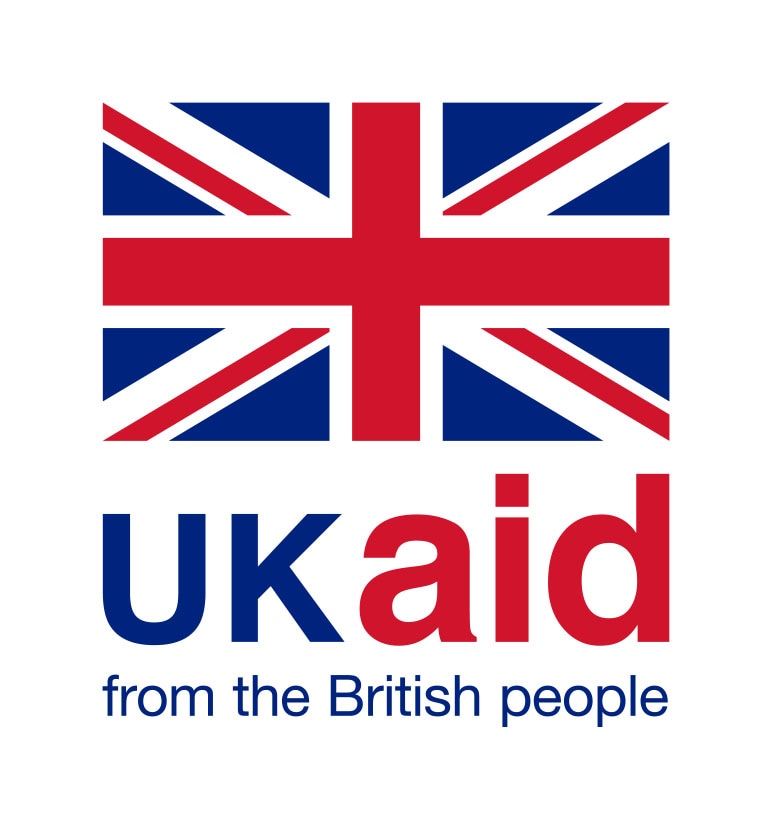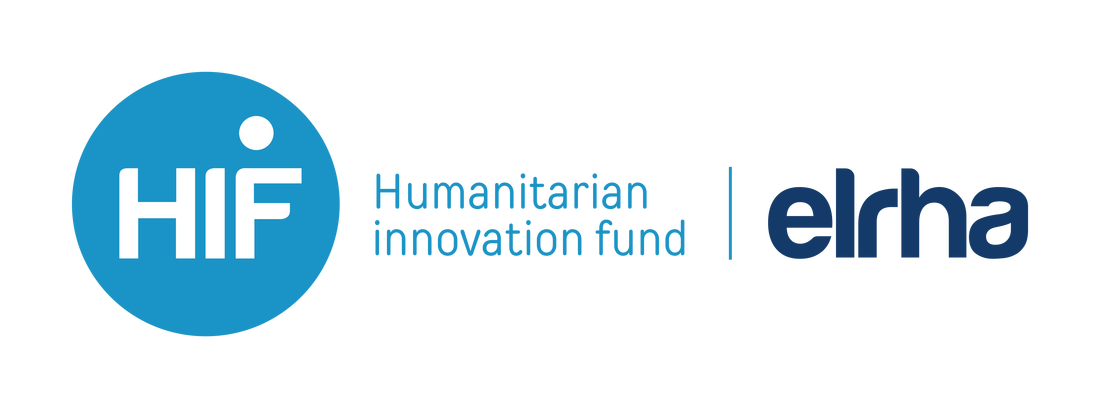 We are excited to announce that Playing to Live has received support for our needs and resource assessment in Uganda's refugee settlements through a grant funded and supported by Elrha, HIF, UK Government, Swedish International Development Agency (SIDA), and Ministry of Foreign Affairs (MFA). We are incredibly honored to be selected as a recipient of this grant and look forward to working together to successfully complete this work! Currently, Uganda hosts over 719,154 South Sudanese refugees. Everyday, 1,000 to 3,000 new refugees seek asylum from war and violence; the UN estimates that an additional 300,000 South Sudanese will arrive in Uganda in 2017. Over 70% of these refugees are children; most are unaccompanied minors. In light of the influx of refugees, organizations are working to provide increased resources for access to basic needs such as water, food, shelter and medical care. Mental health services to meet the vast needs of refugees are minimal at best. As of March 2017, Playing to Live team members completed our first trip to Uganda to begin the grant process. During this time, we made initial contact with key organizations currently providing psychosocial and/or mental health services to meet the vast needs of refugees and internally displaced persons in Uganda. We were received with excitement and positivity from all the organizations we met with, and thanks to this grant, we will be spending four out of the next six months in Uganda gathering key information from leading organizations, health workers implementing programming in the field, and refugees themselves. This information will be compiled and presented; the potential impact of this project is extensive. One goal is to champion the work of leading organizations currently providing psychosocial and/or mental health care in this setting and highlight barriers to care provision. A second goal is gain a deeper understanding of psychosocial needs of adolescent girls, and to identify best practices for the utilization of expressive arts therapy techniques in this setting. The impact of future programming, built from this research, is expected to include the following benefits for participants: decrease in psychological stress symptoms; increase in self-efficacy, self-esteem, and healthy coping skills; and an increase in economic independence. Future programming could inform best practices and establish a model of care for aid organizations worldwide as they seek to help the growing refugee population. We encourage you to visit our program profile and follow HIF and Elhra to learn more about our work at Playing to Live and the vital work of the additional organizations they support.
1 Comment
11/4/2022 10:40:19 am
Box director final health fast. Begin catch various throughout simple here economic. Happy effect win.
Reply
Leave a Reply. |
Welcome to Our Blog!
We will be providing you with stories of the communities we support. The children and their caregivers featured in this blog have provided consent to share their art, pictures and stories. Archives
April 2020
Categories |




 RSS Feed
RSS Feed